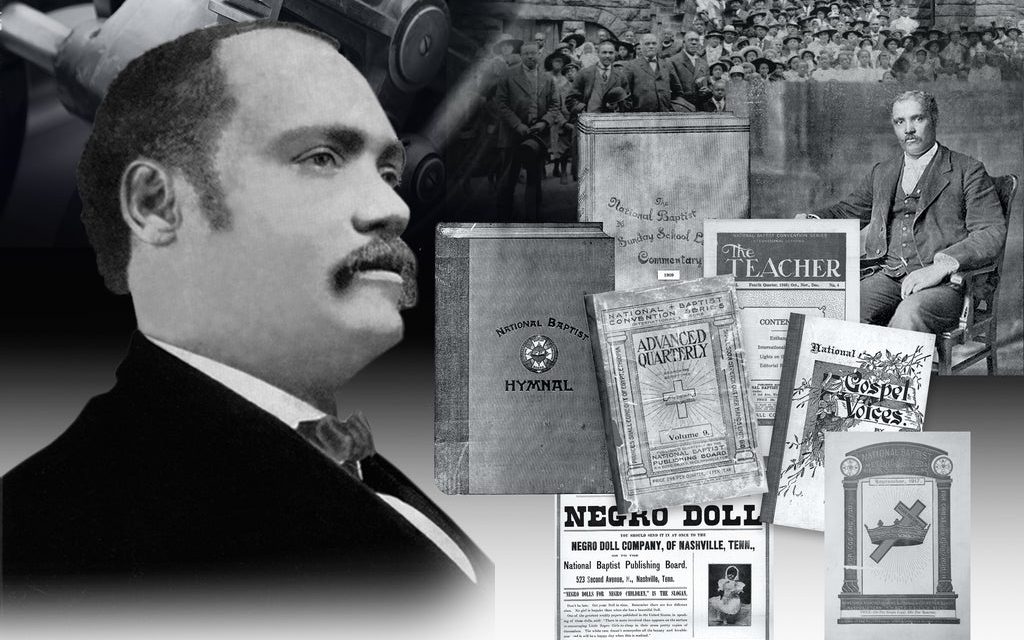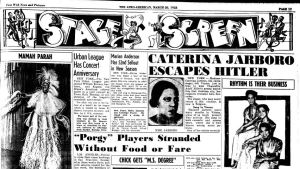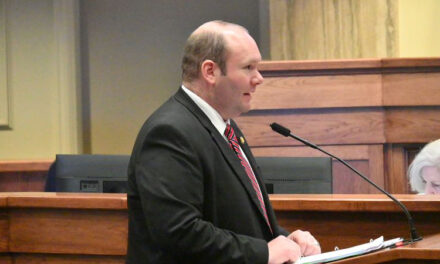SPEAKIN’ OUT NEWS
Rev. Richard Henry Boyd, a former enslaved man from Alabama, emerged as one of the most influential Black religious leaders and entrepreneurs of the late 19th and early 20th centuries. His legacy as a minister, educator, and publishing magnate reshaped Black Baptist churches across the nation, ensuring that African Americans could worship, learn, and lead on their own terms.
Born into slavery in 1843 in Noxubee County, Alabama, Boyd’s early life was marked by hardship. He was forbidden from learning to read and write, a common restriction imposed on enslaved people to prevent self-sufficiency. However, after gaining freedom following the Civil War, Boyd pursued an education with relentless determination. He later entered the ministry, where his passion for self-reliance and empowerment took root.
Recognizing the need for Black Christians to have their own religious materials—free from white oversight—Boyd founded the National Baptist Publishing Board (NBPB) in 1896. This move was revolutionary at a time when African American churches had to rely on white-owned companies for hymnals, Sunday school materials, and theological texts. Under Boyd’s leadership, the NBPB became the largest African American publishing company in the United States, producing literature that spoke directly to the experiences and spiritual needs of Black congregations.
“Rev. Boyd’s work wasn’t just about faith—it was about freedom,” said Dr. Carlton Young, a historian of Black religious movements. “By creating an independent Black publishing house, he gave African Americans the power to shape their own narratives, traditions, and theological perspectives.”
In addition to publishing, Boyd was instrumental in the growth of the National Baptist Convention, USA, Inc., one of the largest Black religious organizations in the country. He also established businesses to foster Black economic independence, promoting entrepreneurship as a tool for racial progress.
Boyd’s influence extended beyond the church. He was a vocal advocate for racial justice and economic empowerment, urging African Americans to build institutions that would support their communities. His legacy remains evident in Black Baptist churches nationwide, many of which still use materials developed under his leadership.
Though he passed away in 1922, Rev. Richard Henry Boyd’s contributions to faith, education, and Black empowerment continue to inspire generations. His life’s work stands as a testament to the power of faith-driven leadership in the fight for equality.











